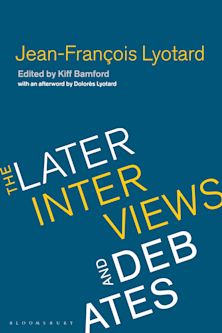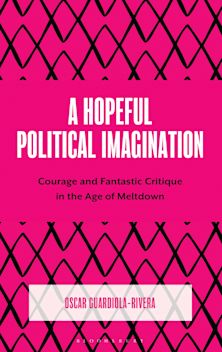- Home
- ACADEMIC
- Philosophy
- Social and Political Philosophy
- From Bakunin to Lacan
This product is usually dispatched within 1 week
- Delivery and returns info
-
Free US delivery on orders $35 or over
You must sign in to add this item to your wishlist. Please sign in or create an account
Description
In its comparison of anarchist and poststructuralist thought, From Bakunin to Lacan contends that the most pressing political problem we face today is the proliferation and intensification of power. Saul Newman targets the tendency of radical political theories and movements to reaffirm power and authority, in different guises, in their very attempt to overcome it. In his examination of thinkers such as Bakunin, Lacan, Stirner, and Foucault Newman explores important epistemological, ontological, and political questions: Is the essential human subject the point of departure from which power and authority can be opposed? Or, is the humanist subject itself a site of domination that must be unmasked? As it deftly charts this debate's paths of emergence in political thought, the book illustrates how the question of essential identities defines and re-defines the limits and possibilities of radical politics today.
Table of Contents
Chapter 2 Introduction
Chapter 3 Marxism and the Problem of Power
Chapter 4 Anarchism
Chapter 5 Stirner and the Politics of Ego
Chapter 6 Foucault and the Geneology of Power
Chapter 7 The War Machine: Deleuze and Guattari
Chapter 8 Derrida and the Deconstruction of Authority
Chapter 9 Lack of the Outside/Outside of the Lack: (Mis)Reading Lacan
Chapter 10 Towards a Politics of Post-Anarchism
Product details
| Published | Apr 11 2001 |
|---|---|
| Format | Hardback |
| Edition | 1st |
| Extent | 208 |
| ISBN | 9780739102404 |
| Imprint | Lexington Books |
| Dimensions | 9 x 6 inches |
| Publisher | Bloomsbury Publishing |
About the contributors
Reviews
-
Newman seems to me to be right on target in seeing anarchism rather than Marxism as the proper jumping-off point for progressive political theory. I recommend the book highly to scholars of progressive thought.
Tod May, Clemson University
-
This is an intriguing and ambitious addition to the now growing literature attempting to recuperate, or at least reappraise, the legacy of anarchism for the development of anti-authoritarian, post-Marxian, yet still radical politics. . . . [A] fascinating and well-written book.
Contemporary Political Theory


































